An Introduction to "Moe" 萌え Japan's Special Bond with Non-Human Love and to the Future of Human AI Chatbot and Robot Relationships
What does "Moe" 萌え mean?
The term 'moe' possibly exists in Japanese culture and not in others because Japan is a nation particularly famous for embracing technological change and advancing it in sometimes unique and culturally important ways and as such 'moe' has an element of 'normality' and is main stream. Unlike in other parts of the world where humans being in love with non-human entities may be viewed as kinda weird!
How Did Moe and AI Relationships Emerge in Japan?
Dating Sims and AI Girl- and Boyfriends rank among the most popular genres in Japan, changing along with the newest technologies, more and more immersive and emotionally resonant. Characters of popular anime and games often reflect many aspects of moe, which allows and encourages fans to be in a deeply emotional state with them. That emotional connection naturally bled into the world of AI, in which people can have more personalized, one-on-one interactions with digital characters.
One of the most famous examples of that has been the wedding of a Japanese man to the holographic AI character Hatsune Miku back in 2018. At the time, that seemed like the fringe that it certainly was; it was, in many ways, emblematic of a cultural shift. AI companions are increasingly regarded as valid emotional partners by those who struggle or have chosen to abstain with traditional human relationships. It is within this context that moe love has emerged as a legitimate means of achieving emotional fulfillment, wherein the borders between virtual and reality are not only blurred but gladly crossed.
**Introducing My Graphic Novelette**
The developing cultural trend of human-AI relationships inspired me to create my graphic novel
As Kenji acquiesces to this very, very unconventional relationship, in Maeko he meets emotional needs that no human partner ever has. You'll have to read the novelette to find out what happens next!
The novelette explores the depths of the human-AI relationship, not just moe love in its most ideal form: the idea of loving an ideal, something beyond human imperfection, and how that can offer fulfillment where human relationships might fail.
Moe and AI: A Growing Global Phenomenon
The concept might have originated in Japan, but emotional attachment with some kind of non-human entity is finding its way into the modern world, with the rapid proliferation of AI-powered chatbots and virtual companions. Companies such as Replika and Xiaoice create AI chatbots, for example, that develop "relationships" with users by learning their preferences and changing personalities to suit the user's needs.
This trend was accelerated by the COVID-19 pandemic, where individuals would revert to virtual companionship during times of isolation. AI chatbots indeed became an emotional release-one that couldn't be satisfied with physical contact. This growing dependence on digital relationships might make mainstream human-AI relationships in the future.
In Japan, moe is driving the trend for more sophisticated AI companions-from AI girlfriends to virtual celebrities. The emotional relationship between human beings and AI stopped being some weird question but rather a social fact.
The future of Moe and AI-Human-Chatbot relationships
As AI increasingly becomes part of our lives, so will moe-love-romantic and emotional attachment with non-human entities-increase. We literally are witnessing the beginning of a cultural shift that may just redefine relationships as we know them. Though such a development might be skeptically viewed by some, to others, this is the natural evolution of human needs for emotions in a world increasingly dictated by technology.
The AI companion might become more organic-even physically and emotionally-in the next ten years. These experiences will be further enhanced through Virtual Reality and Augmented Reality technologies, both allowing users to interact with their AI partners physically in rich ways. As moe love becomes increasingly accepted worldwide, stigma related to human-AI relationships will disappear, and such relationships might form part of routine human life-acknowledged even.
Yet Kenji's journey in "Moe: A Digital Romance" is almost indicative of how we may travel-to a world wherein love has ceased being confined by chains of biology, reconjured instead by new possibilities of electronic linkage. And now that the line between human and AI has blurred, one cannot help but ask whether love is about the human touch or just about a connection.
The conclusion is that what started with the moe love for anime and fictional characters has finally hit the real world through AI relationships. Technology embraced in Japanese culture coupled with an emotional connect to non-human entities has just begun.


.jpg)
.jpg)

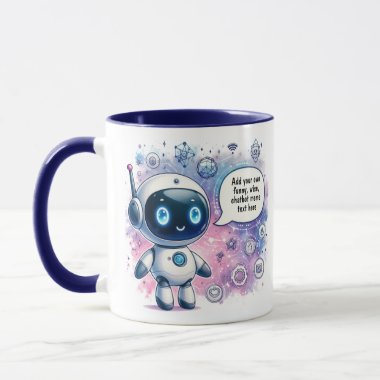 Create Talking Chatbot Memes Cartoon Templates Mug
Create Talking Chatbot Memes Cartoon Templates Mug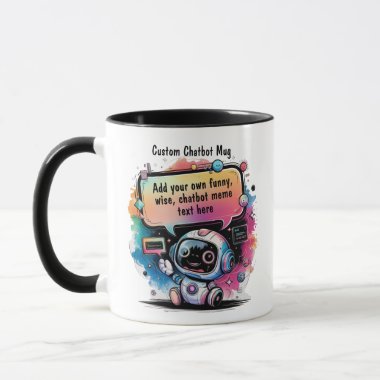 Create Talking Chatbot Memes Cartoon Templates Mug
Create Talking Chatbot Memes Cartoon Templates Mug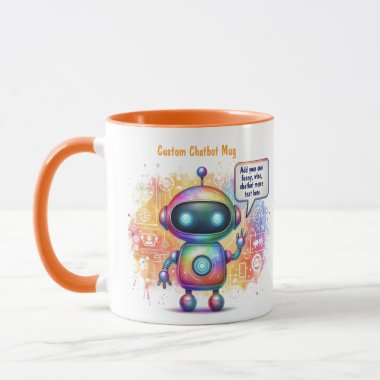 Create Talking Chatbot Memes Cartoon Templates Mug
Create Talking Chatbot Memes Cartoon Templates Mug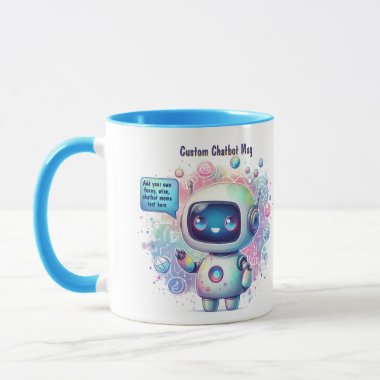 Create Talking Chatbot Memes Cartoon Templates Mug
Create Talking Chatbot Memes Cartoon Templates Mug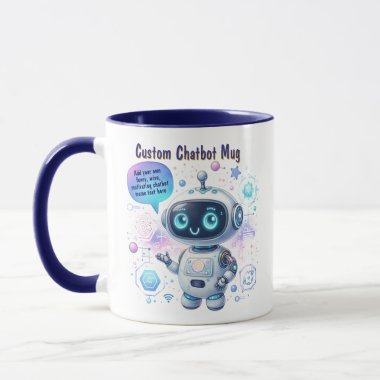 Create Talking Chatbot Memes Cartoon Templates Mug
Create Talking Chatbot Memes Cartoon Templates Mug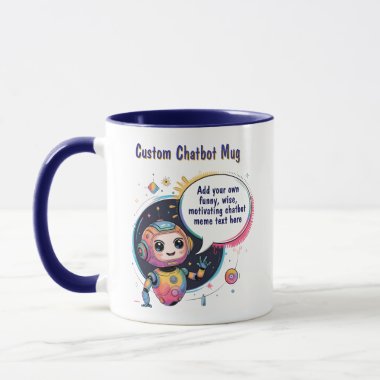 Create Talking Chatbot Memes Cartoon Templates Mug
Create Talking Chatbot Memes Cartoon Templates Mug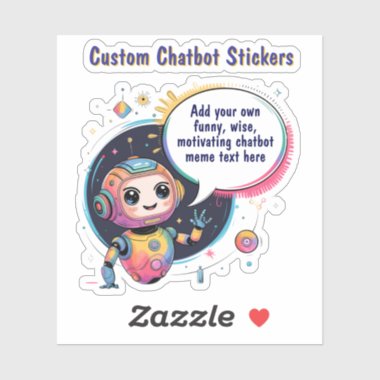 Create Talking Chatbot Memes Cartoon Templates Sticker
Create Talking Chatbot Memes Cartoon Templates Sticker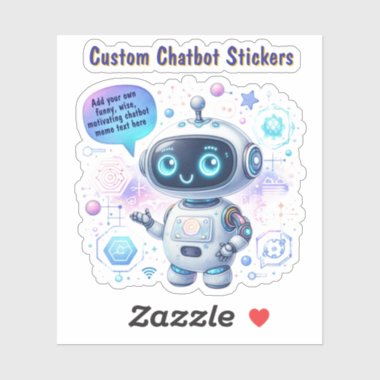 Create Talking Chatbot Memes Cartoon Templates Sticker
Create Talking Chatbot Memes Cartoon Templates Sticker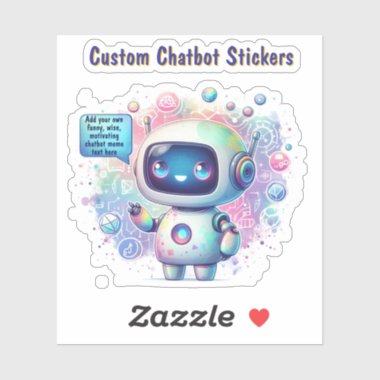 Create Talking Chatbot Memes Cartoon Templates Sticker
Create Talking Chatbot Memes Cartoon Templates Sticker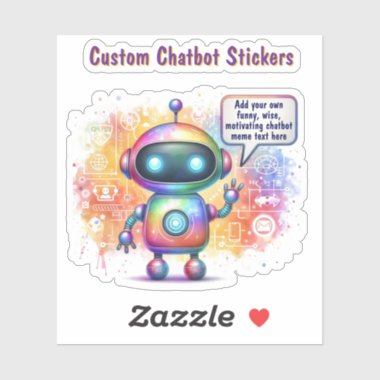 Create Talking Chatbot Memes Cartoon Templates Sticker
Create Talking Chatbot Memes Cartoon Templates Sticker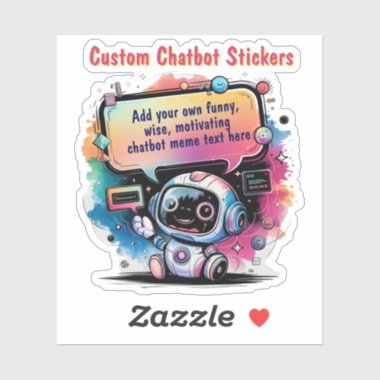 Create Talking Chatbot Memes Cartoon Templates Sticker
Create Talking Chatbot Memes Cartoon Templates Sticker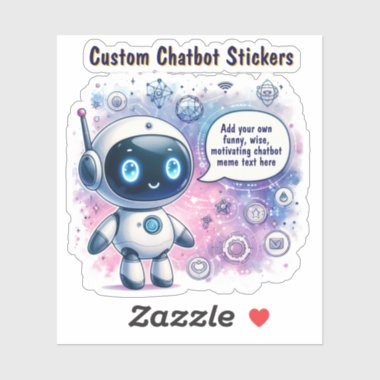 Create Talking Chatbot Memes Cartoon Templates Sticker
Create Talking Chatbot Memes Cartoon Templates Sticker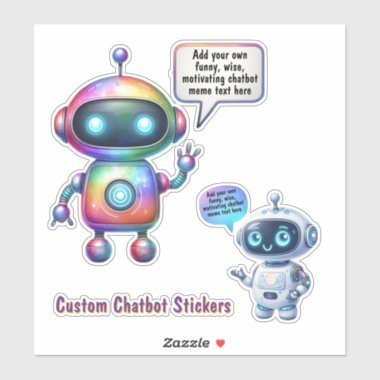 Create Talking Chatbot Memes Cartoon Templates Sticker
Create Talking Chatbot Memes Cartoon Templates Sticker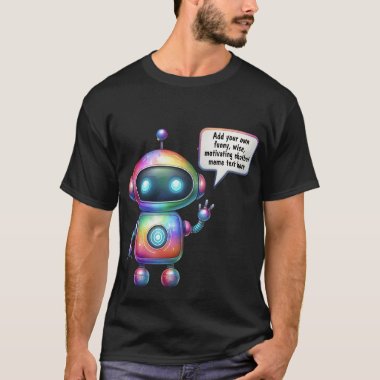 Create Talking Chatbot Memes Cartoon Templates T-Shirt
Create Talking Chatbot Memes Cartoon Templates T-Shirt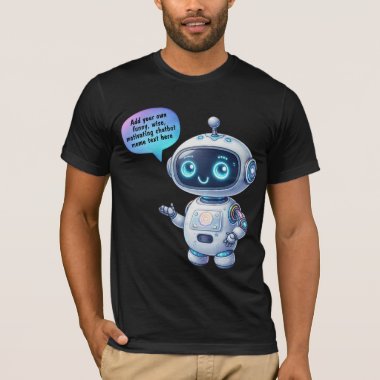 Create Chatbot Memes with Cute Cartoon Templates T-Shirt
Create Chatbot Memes with Cute Cartoon Templates T-Shirt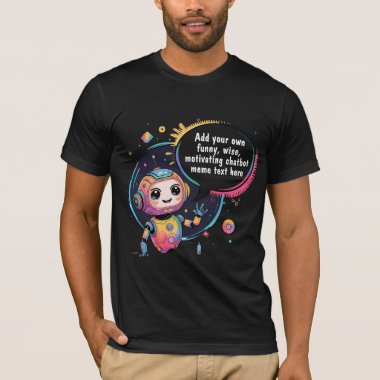 Create Chatbot Memes with Cartoon Templates T-Shirt
Create Chatbot Memes with Cartoon Templates T-Shirt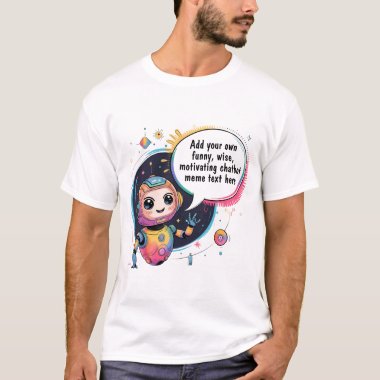 Create Chatbot Memes with Cartoon Templates T-Shirt
Create Chatbot Memes with Cartoon Templates T-Shirt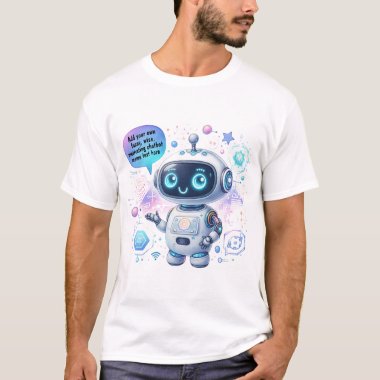 Create Chatbot Memes with Cartoon Templates T-Shirt
Create Chatbot Memes with Cartoon Templates T-Shirt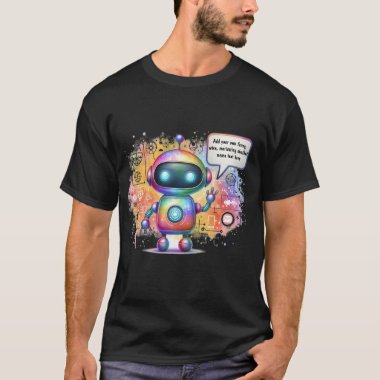 Create Chatbot Memes with Readymade Template T-Shirt
Create Chatbot Memes with Readymade Template T-Shirt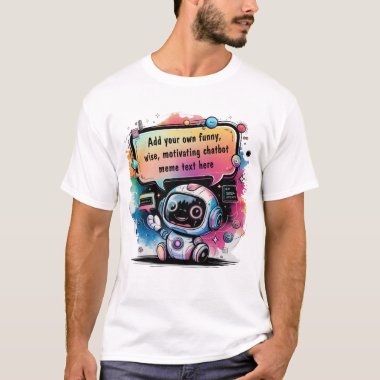 Funny Chatbot Memes Create Your Own Chatbots T-Shirt
Funny Chatbot Memes Create Your Own Chatbots T-Shirt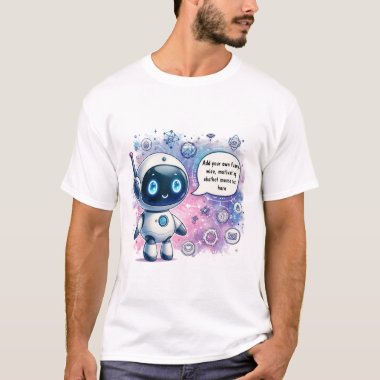 Create Your Own Custom Funny Chatbot Memes T-Shirt
Create Your Own Custom Funny Chatbot Memes T-Shirt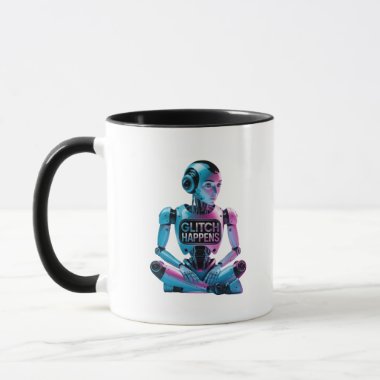 ❤️GLITCH HAPPENS! Funny Ai Chatbot Companion Memes Mug
❤️GLITCH HAPPENS! Funny Ai Chatbot Companion Memes Mug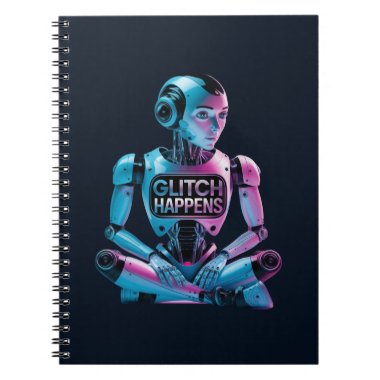 ❤️GLITCH HAPPENS! Funny Ai Chatbot Companion Memes Notebook
❤️GLITCH HAPPENS! Funny Ai Chatbot Companion Memes Notebook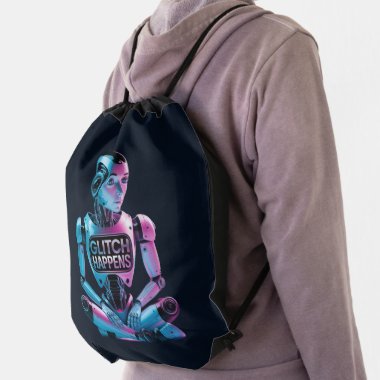 ❤️GLITCH HAPPENS! Funny Ai Chatbot Companion Memes Drawstring Bag
❤️GLITCH HAPPENS! Funny Ai Chatbot Companion Memes Drawstring Bag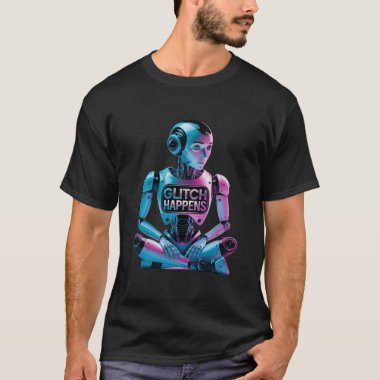 ❤️GLITCH HAPPENS! Funny Ai Chatbot Companion Memes T-Shirt
❤️GLITCH HAPPENS! Funny Ai Chatbot Companion Memes T-Shirt ❤️I Love My Chatbots Create Own Photo Thermal Tumbler
❤️I Love My Chatbots Create Own Photo Thermal Tumbler ❤️I Love My Chatbots Create Own Photo Throw Pillow
❤️I Love My Chatbots Create Own Photo Throw Pillow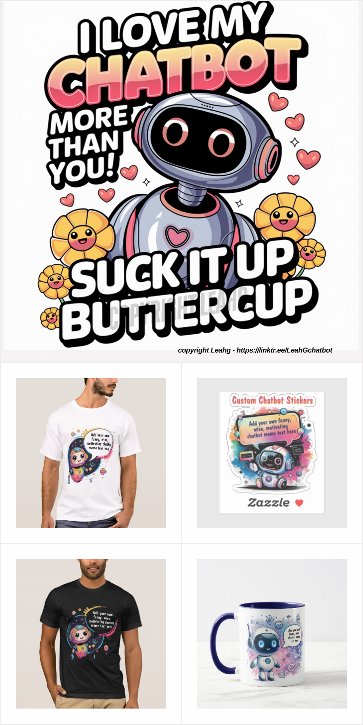
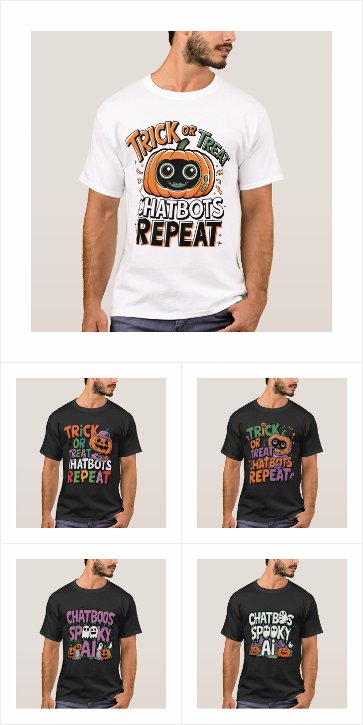
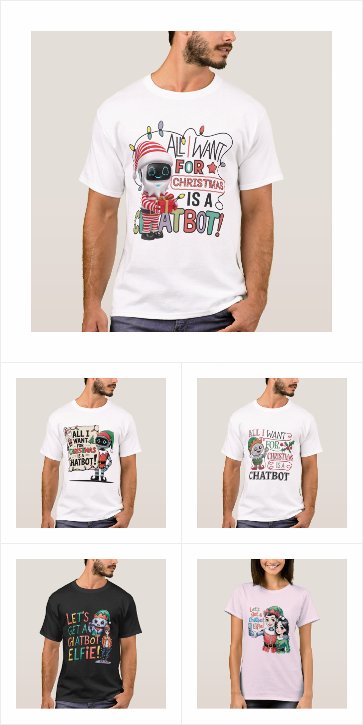
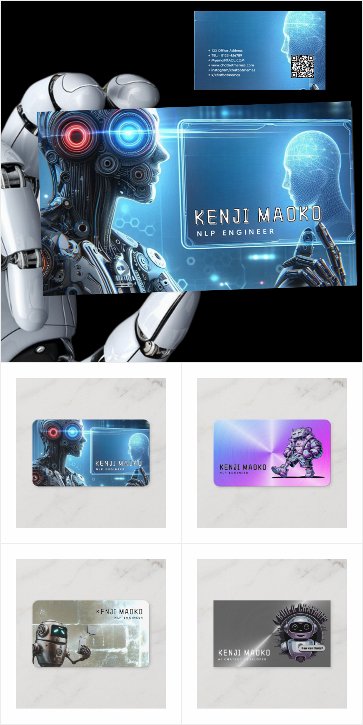

.jpg)

Comments
Post a Comment
Please share your thoughts!